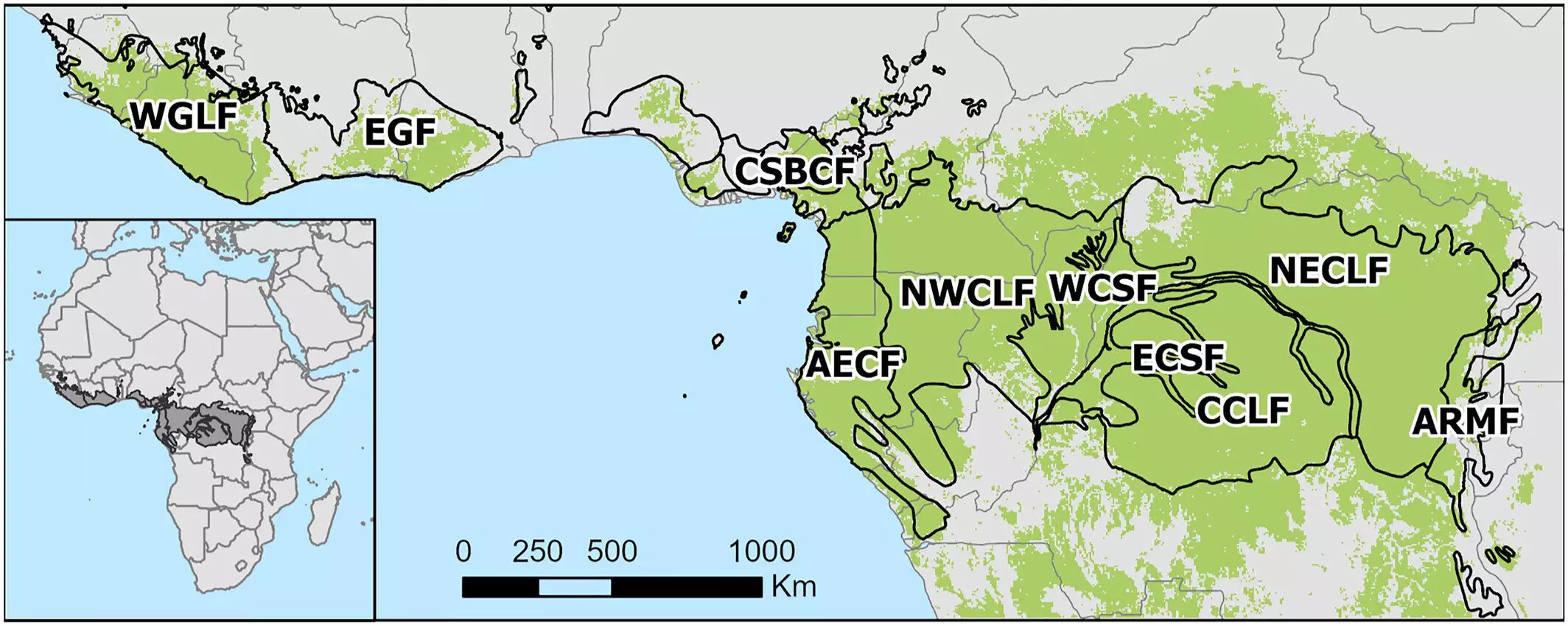A recent study has shed light on the alarming increase in forest fires in West and Central Africa’s wet, tropical forests. The study reveals that the number of active fires in these regions has doubled over an 18-year period, with the Congo Basin experiencing the most significant surge. This surge is mainly attributed to the escalating hot and dry conditions as well as human activities such as deforestation. The study predicts that the trend of increasing forest fires is likely to continue due to the current climate projections.
Traditionally, scientists have overlooked the prevalence of fires in wet, tropical forests, assuming that they are less susceptible to fire compared to dry woodlands and savannas. However, recent research in the Amazon has challenged this perception, emphasizing the importance of considering fire as a crucial impact of climate change in tropical forests. The findings of the study in Africa further underscore the need to recognize the vulnerability of wet forests to fires and the necessity of addressing this issue urgently.
The study, led by ecologist Michael Wimberly from the University of Oklahoma, marks the first comprehensive analysis of fire patterns in wet African forests. Using satellite imagery to monitor active fires from 2003 to 2021 across Western and Central Africa, including the Congo Basin, the researchers identified a significant increase in fire frequency over the study period. The Northwest Congolian Lowland Forests witnessed the most substantial rise, with 400 more active fires per 10,000 square kilometers annually in 2021 compared to 2003. Moreover, the study highlights a direct correlation between deforestation rates and fire activity, with areas experiencing rapid forest loss demonstrating higher levels of fires.
The researchers also investigated the relationship between weather patterns and fire occurrences, revealing clear associations between fires, high temperatures, and vapor pressure deficit. Particularly during the 2015-2016 “super El Niño” event, which brought extreme heat and drought conditions to tropical Africa, the influence of climate on fire activity was pronounced. This highlights the critical need to address climate change to mitigate the escalating threat of forest fires in African wet forests.
The findings of the study provide valuable insights into how climate change could exacerbate forest fire activity, especially during El Niño years. The researchers stress the importance of controlling fires at the edges of forests to prevent harmful feedback loops that increase fire risk. Forest edges, characterized by drier microclimates and higher levels of invasive species, are particularly vulnerable to fires. Therefore, proactive measures to protect these edges are essential in safeguarding tropical African forests from the increasingly significant impact of fires.
The study’s revelations underscore the pressing need to address the growing threat of forest fires in wet, tropical African forests. By acknowledging the vulnerability of these ecosystems to fires and understanding the complex interplay between climate, human activities, and fire occurrence, we can take proactive steps to protect and preserve these vital habitats for future generations.


Leave a Reply